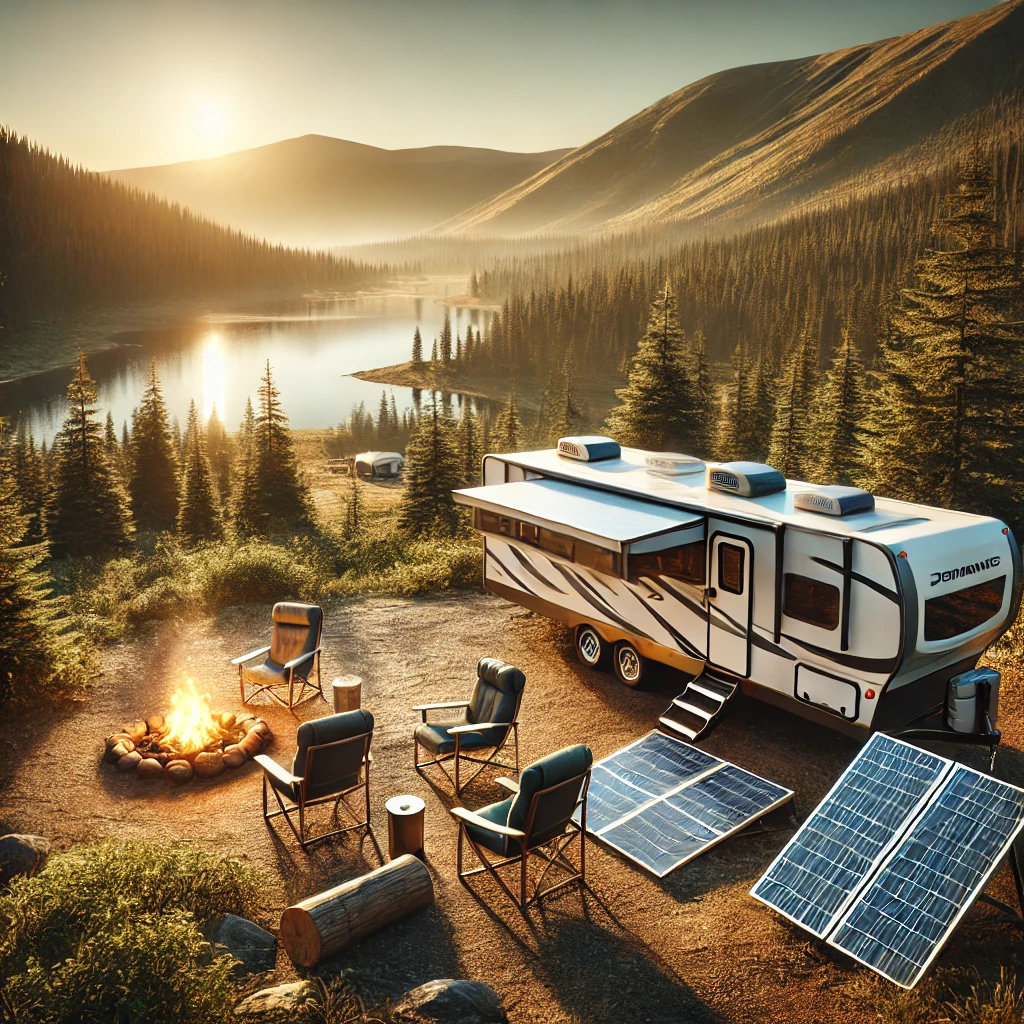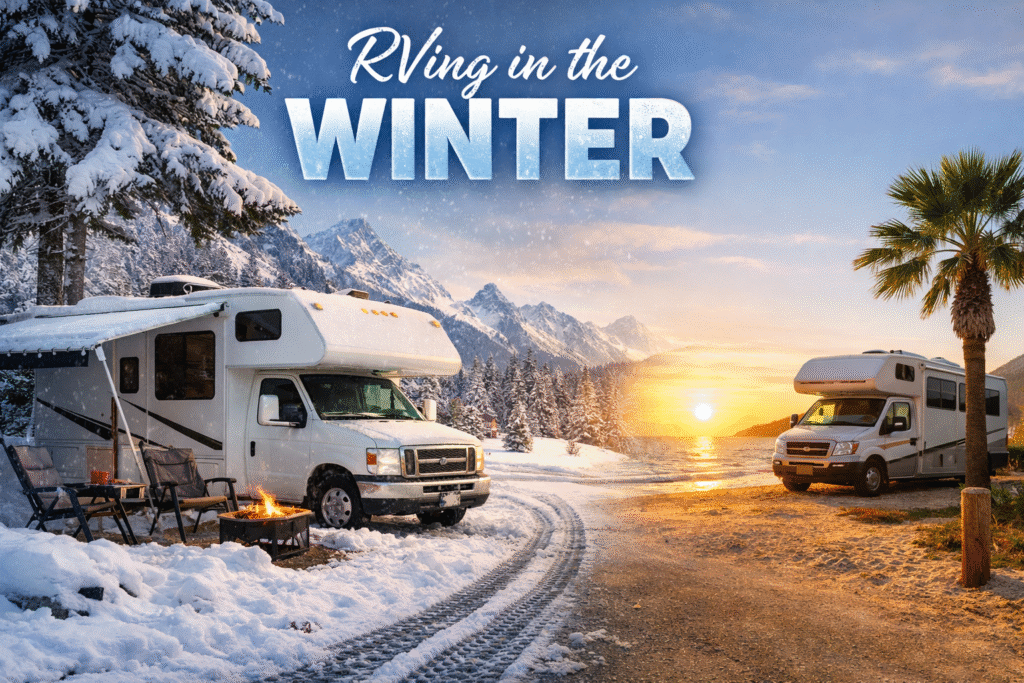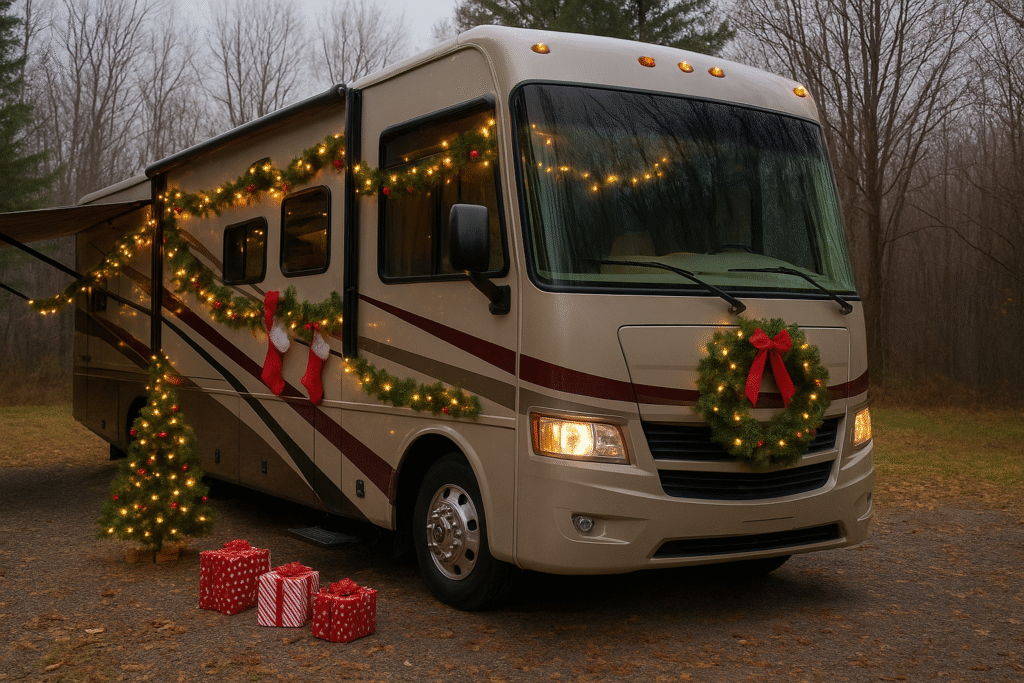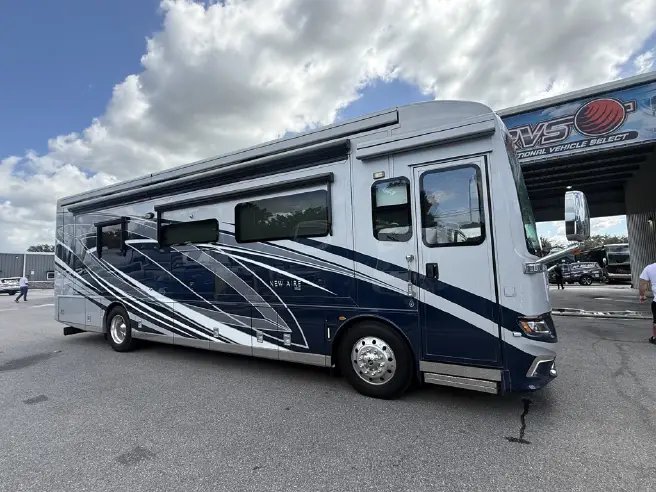Exploring the world in an RV while living off the grid offers adventure, freedom, and sustainability. However, it requires preparation, the right equipment, and a resourceful mindset. Here’s everything you need to know to successfully RV off the grid.
1. Choosing the Right RV
Not all RVs are created equal for off-grid living. Consider these features when selecting your rig:
- Solar Readiness: Ensure your RV can support solar panels.
- Water Storage Capacity: A large fresh water tank is essential.
- Propane Efficiency: Propane-powered appliances increase self-sufficiency.
- Off-Road Capability: If you plan to explore remote areas, consider a rugged, high-clearance model.
2. Powering Your RV Off-Grid
Electricity is one of the biggest challenges when RVing off-grid. Here are your best options:
- Solar Power: Invest in a solar panel system with sufficient wattage and battery storage.
- Generator: A backup generator can provide power during low-sunlight days.
- Lithium Batteries: These are more efficient and longer-lasting than traditional lead-acid batteries.
3. Water and Waste Management
- Water Conservation: Use low-flow faucets, take short showers, and collect rainwater when possible.
- Water Filtration: A portable water filter or reverse osmosis system ensures clean drinking water.
- Waste Disposal: Utilize composting toilets or portable waste tanks for responsible waste management.
4. Food Storage and Cooking
- Non-Perishable Foods: Stock up on canned goods, dried foods, and long-lasting produce.
- Efficient Cooking Methods: Use a propane stove, solar oven, or campfire cooking.
- Refrigeration: Consider a 12V portable fridge or use an energy-efficient RV refrigerator.
5. Staying Connected Off-Grid
While disconnecting can be part of the appeal, some connectivity is necessary for safety and work:
- Cell Signal Boosters: Enhance weak signals in remote areas.
- Satellite Internet: Services like Starlink provide internet in off-grid locations.
- Two-Way Radios: Useful for short-range communication where cell service is absent.
6. Safety and Security
- First Aid Kit: Keep a fully stocked kit with necessary medications.
- Emergency Plans: Have a plan for extreme weather or medical emergencies.
- Personal Security: Lock doors, stay aware of surroundings, and carry self-defense tools if needed.
7. Finding the Best Off-Grid Locations
- Public Lands: BLM lands, national forests, and other public lands often allow dispersed camping.
- Boondocking Apps: Use apps like Campendium and iOverlander to find remote sites.
- Permits and Regulations: Research local rules to ensure you’re camping legally.
Final Thoughts
RVing off the grid is a rewarding way to experience nature while maintaining independence. With proper planning and the right gear, you can enjoy a self-sufficient lifestyle filled with adventure. Whether for a weekend getaway or a long-term lifestyle, off-grid RVing offers unmatched freedom and sustainability.





